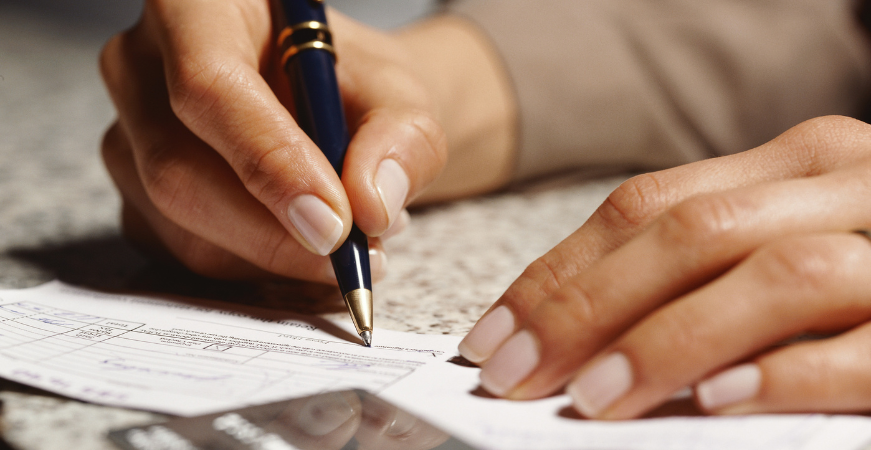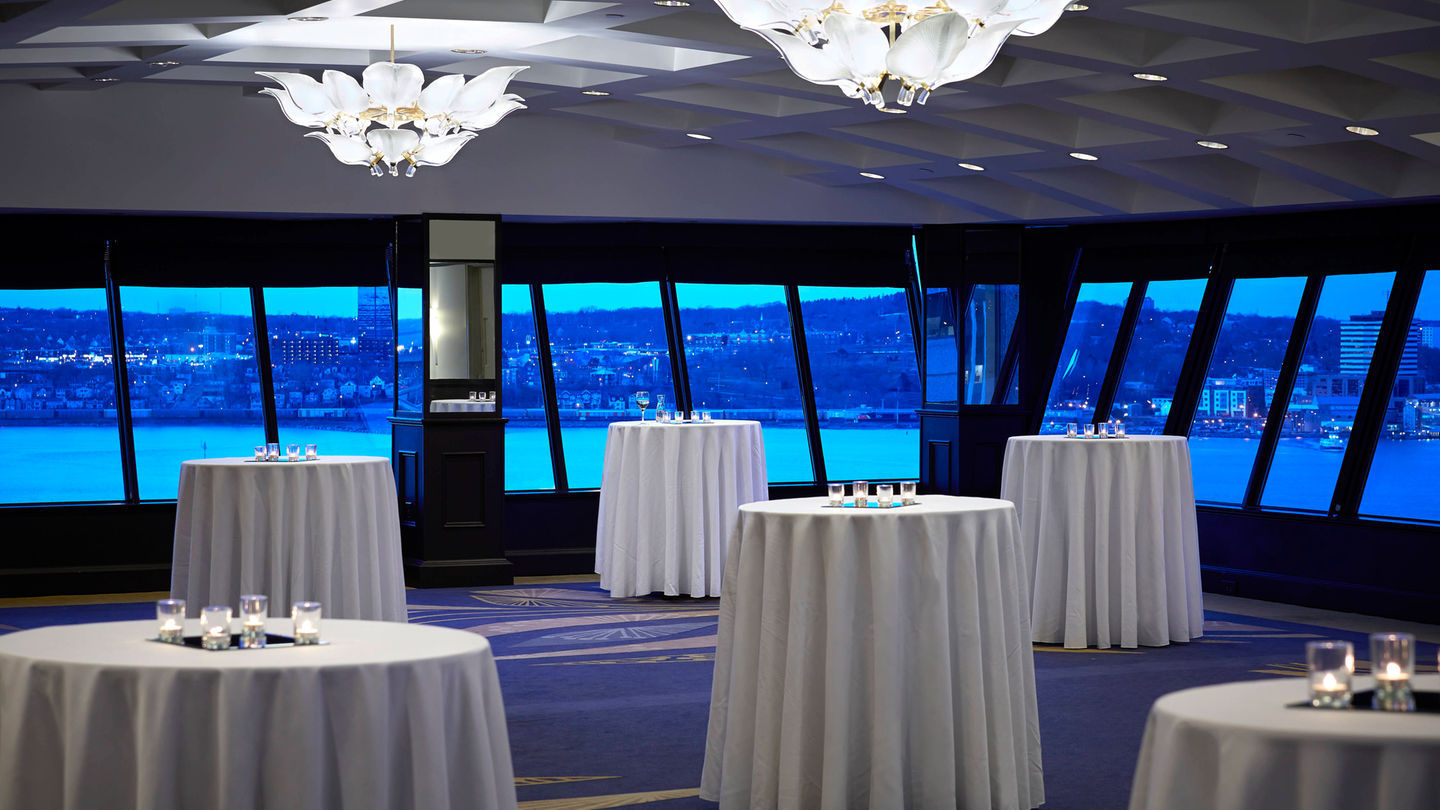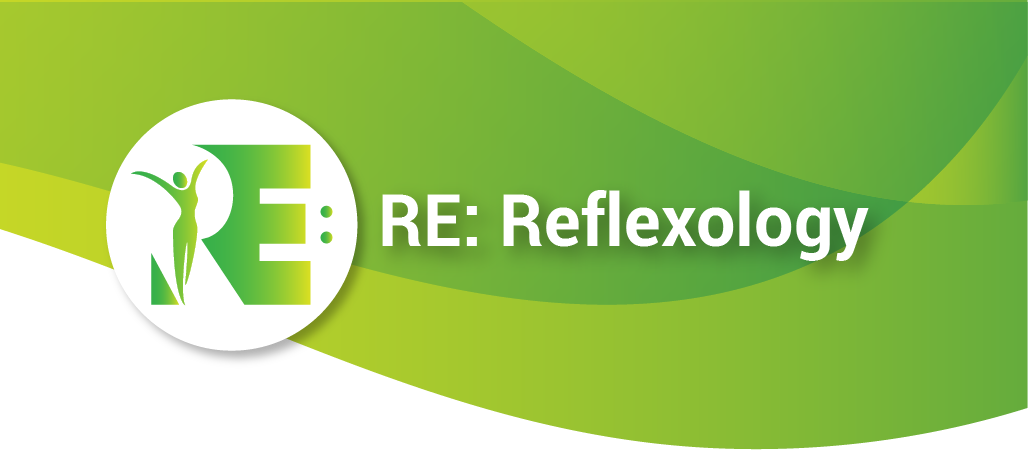
What’s the Difference – Certification vs Registration?
Certification is the process of when a certification body (school, course provider, training facility etc.) issues a certificate proving that an individual is compliant with a specific standard.

Certification is the process of when a certification body (school, course provider, training facility etc.) issues a certificate proving that an individual is compliant with a specific standard.

Monica Marsh will be fondly remembered by her colleagues in Canada as someone who lived and breathed reflexology. She had her reflexology roots in Canada. She first received her reflexology training in Toronto, Ontario in the mid 1980s. She was a respected reflexology teacher and a member of the Reflexology Association of Canada (RAC) for many years.

As an avid advocate for reflexology, RAC contacted insurance companies to learn more about what they would prefer to see on an RCRT’s receipt.

Join us for from September 17 – 18, 2022, for the most memorable, affordable, and largest international reflexology conference in 2022.

Registered Canadian Reflexology Therapist (RCRT™) is a professional reflexology therapist who is properly trained in the techniques of reflexology and/or specialized protocols and has been tested in the professional application of reflexology. RCRT™s are subject to the highest level of competency through the RCRT™ Exam and continuing education and are working within RAC’s Scope of Practice, Standard of Practice and professional Code of Conduct and Ethics. The Association ensures that all professionals who bear the federally-trademarked designation of RCRT™, abide by these procedures.
In this aim, we are protecting the profession as well as the public’s interest and safety.




1.) COMPLETE A REFLEXOLOGY CERTIFICATION COURSE
The costs, dates, length and format of the course will also vary depending on the school/course provider.
However, the course should include core reflexology + reflexology technique, a written exam, a practicum that includes at least 50 case studies that are reviewed by an instructor, and an in-person practical exam.
2.) REGISTER FOR THE RCRT™ EXAM
The RCRT™ Exam consists of an open book written component followed by a practical component that
assesses the professional application of your reflexology knowledge. Application includes a non-refundable application fee of $50.00 + tax. (unless your course provider has accredited the reflexology training with RAC, in which the fee is waive) and an exam fee of $185.00 (Starting September 1, 2025). Upon payment, you will receive all of the necessary information that you will need to be successful in this examination.
3.) BOOK YOUR EXAM
As a Candidate, you have up to six (6) months from the time of registration to prepare for your exam. Once you are ready, you can book to take your RCRT™ Exam with one of our approved RCRT™ Examiners. A list of examiners in your area can be found on RAC’s website. The written and practical components may be done at different times. Each component is 1.5 hours in length.
4.) BECOME A PROFESSIONAL MEMBER
On successful completion of the RCRT™ Exam, you will receive an invitation to join RAC as a Professional Member to become a professional member and join our continuing education program. As a professional member in good standing, you have the right use the RCRT ™ designation. Pay your membership fee and receive a RCRT™ number that you can use on your reflexology receipts. At this time, we can assist you in obtaining professional liability insurance.
RAC exists to unify and advocate on behalf of Reflexology Therapists and to promote Reflexology as a valuable complementary therapy. The Reflexology Association of Canada aims to be the foremost
registering body of Reflexology Therapists in Canada. In this aim, we are protecting the public’s interest and safety. RAC is the oldest national reflexology association in the world—right here in Canada! We have been in existence since 1976 and have members and provincial chapters across Canada and internationally.

To further reflexology, the Reflexology Association of Canada (RAC) aims to honour, and celebrate those who have made outstanding achievements in teaching, service, innovation, and research as well as distributing scholarship(s) to reflexology students.

Between January and November of 2022, our monthly group hangout space will become a monthly member space of a different kind—We will have members present on topics that their colleagues have voted for.

It is important that therapists have clear policies and procedures in place to protect themselves and their clients. Some ideas of policies that you may want to create or update:

We don’t know all the stresses that you’ve gone through, but we know that reflexology can help you deal with whatever comes up…

For 2021, RAC Head Office will be hosting a recurring monthly virtual “Group Hangout” on the third Tuesday of every month.